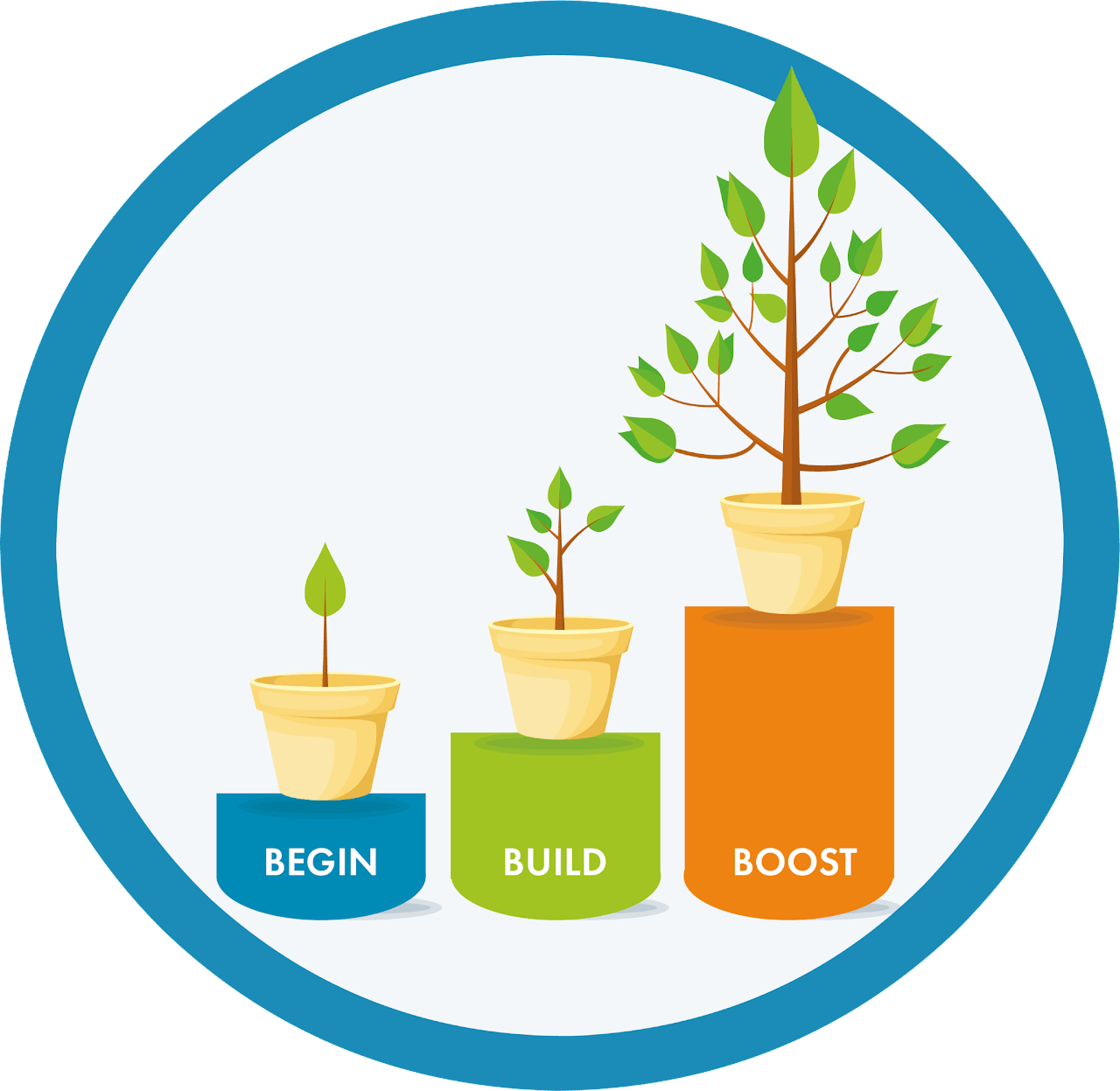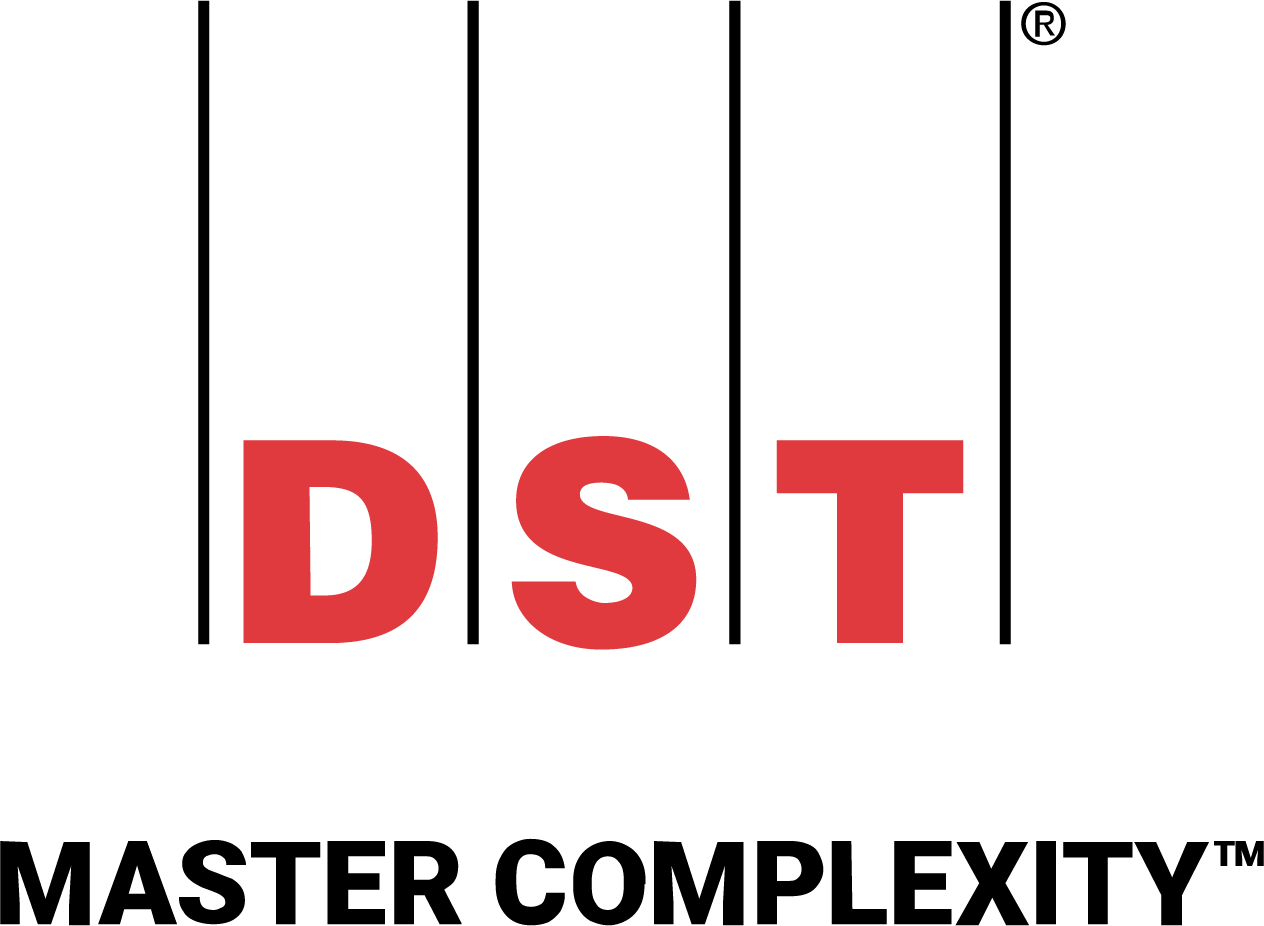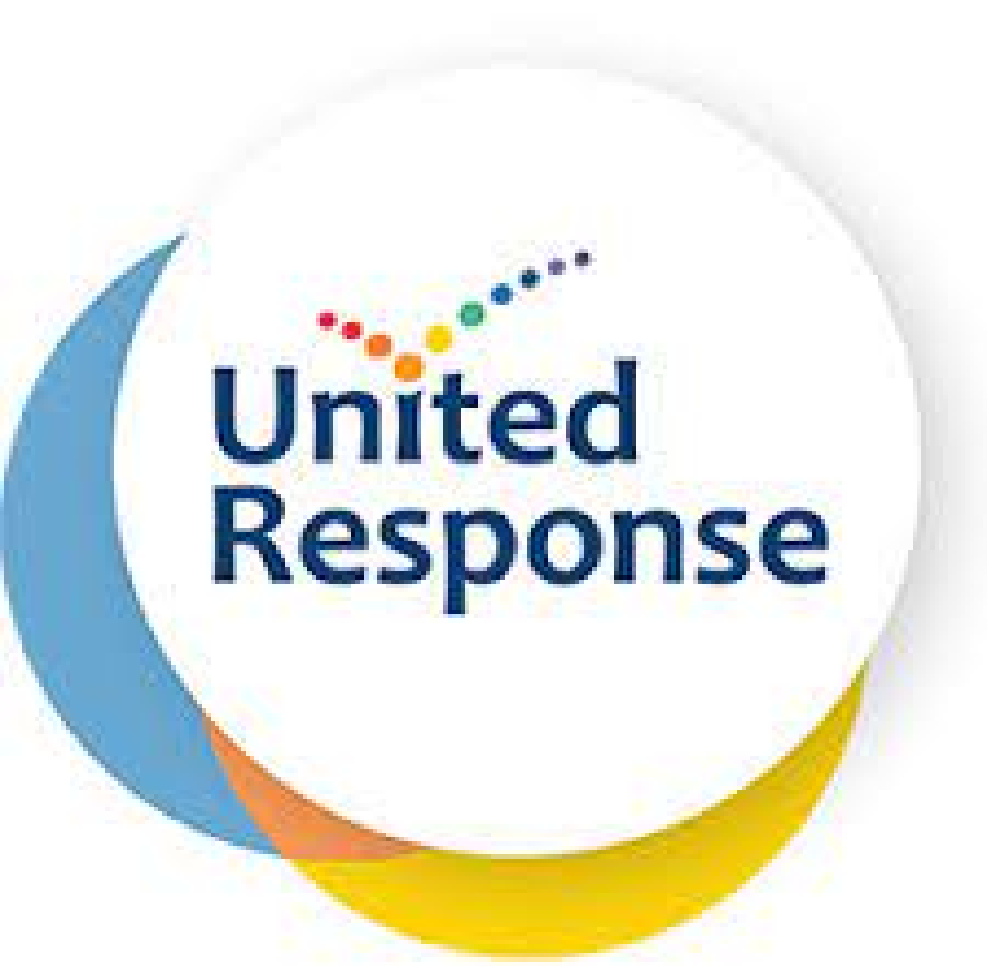Building psychologically safe workplaces
Where engagement, trust and performance thrive.
Be well. Live well. Work well.
£56 billion
Cost of mental ill health to UK employers each year*
£28 billion
UK annual cost of presenteeism*
£22 billion
UK annual cost of staff turnover*
£7 billion
UK annual cost of absenteeism*
*Mental Health First Aid England statistics 2022
Why is workplace mental wellbeing important?
Good mental health and wellbeing helps us connect, function, cope, and thrive. Compassionate leadership and psychological safety are key to fostering mental wellbeing in the workplace.
In today’s work environments, this is more crucial than ever, directly influencing both productivity and employee satisfaction.
We spend a third of our lives at work, shaping our identity, navigating numerous and often complex relationships with multiple demands on our time and expertise.
As leaders, it’s essential to create a culture of psychological safety through compassionate leadership - where team members feel valued, supported, and free to express themselves without fear of reprisal. This approach not only enhances personal wellbeing but also builds trust and cooperation, driving organisational success.
Successful businesses prioritise creating informed, open, and supportive workplace cultures that promote happy, stable, and fulfilling work lives. Those that excel make mental wellbeing central to their values and goals.
Successful businesses understand the importance of proactively creating informed, safe, open and engaging workplace cultures to help promote happy, stable, fulfilling work lives for their employees.
Those that do it well are making it central to their values and objectives.
1.8 million
Working people suffering from a work-related illness*
914,000
Workers suffering work-related stress, depression or anxiety*
372,000
Workers suffering from a new case of work-related stress, depression or anxiety in 2021/22*
17.1 million
Working days lost due to work-related stress, depression or anxiety in 2021/22*
*Health and Safety Executive mental health statistics 2022
How I can help
Facilitate positive change – I specialise in creating customised mental health and wellbeing strategies tailored to your business. Using evidence-based techniques to drive sustainable, positive cultural shifts that meet your company's unique needs.
Train and coach leaders – I offer accredited, flexible training and coaching to equip leaders with the skills needed to prioritise mental wellbeing and compassionate leadership. My tailored approach ensures smooth implementation of change.
Enhance resilience – Through accredited and bespoke programmes, I help foster resilience by promoting healthy behaviors and prioritising psychological and psychosocial safety in the workplace.
Whether you're identifying wellbeing challenges or need support with training delivery, I can help!
Training programmes and workshops
Investing in my training and consultancy promotes a healthy work environment by raising awareness of psychosocial factors like occupational stress, social support, isolation, sleep quality, and mental health. Employees will feel empowered and thrive in a supportive workplace - reducing stress, preventing burnout, and boosting satisfaction.
I offer a wide range of mental health and wellbeing courses, including compassionate leadership, stress management, resilience, mindfulness, menopause, and neurodiversity. The programmes are tailored to fit your unique culture, employee needs, and any existing initiatives.
I design and deliver bespoke training to upskill and educate your workforce - whether at the company, department, team, or individual level.
Who I’ve helped
The impact
10/10
Instructor rating
(MHFA)
5/5
Knowledge and expertise of trainer (i-act)
4/10 to 9/10
Participant knowledge before and after course (MHFA)
5/5
Interaction and engagement
(Workplace Mindfulness)
4/10 to 9/10
Participant confidence before and after course (MHFA)
95%
Likelihood to recommend (MHFA)
£5.30 for every £1
ROI average for employers who invest in mental health interventions
(Deloitte Mental Health Report 2022)
What training participants say




































